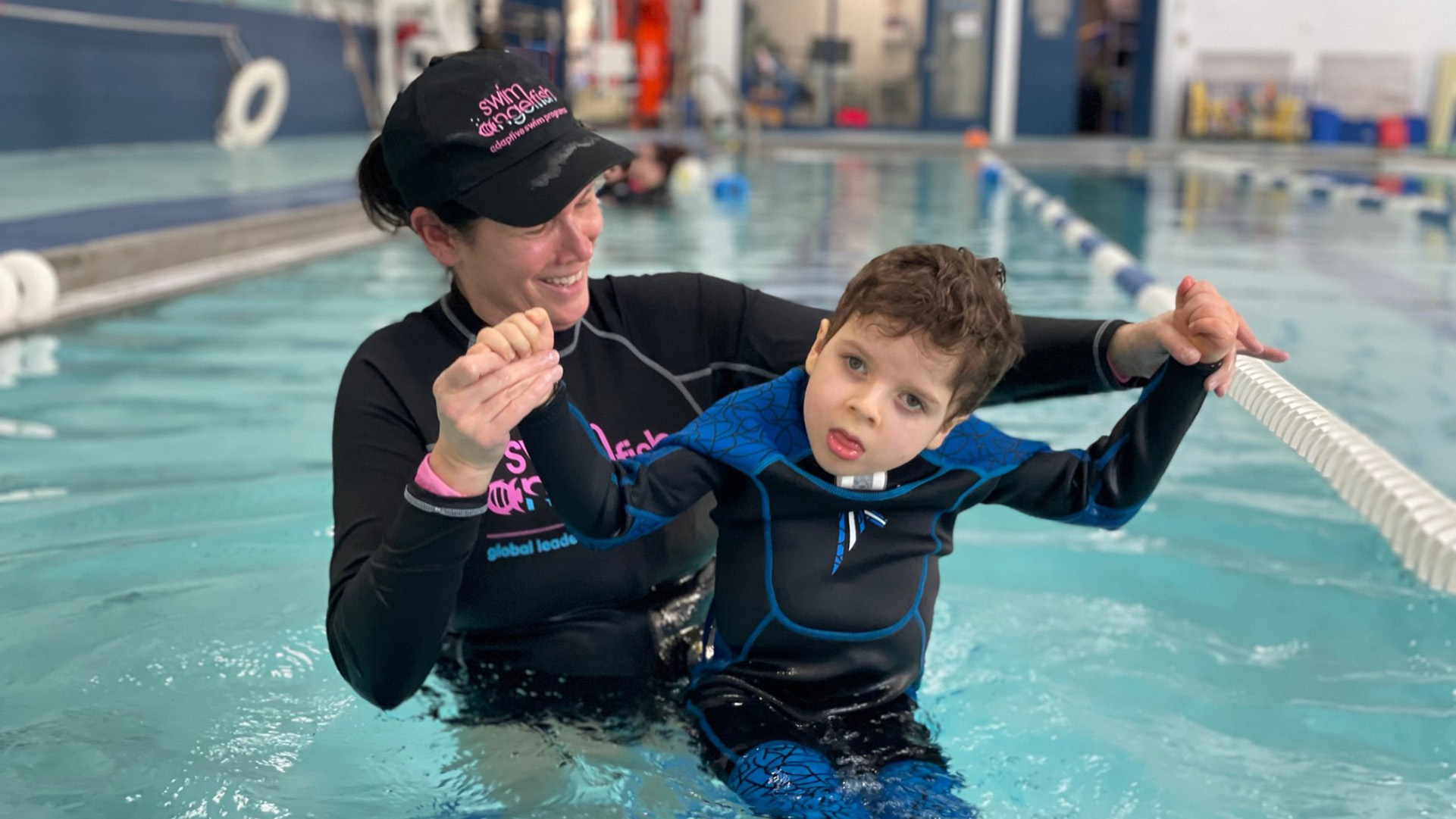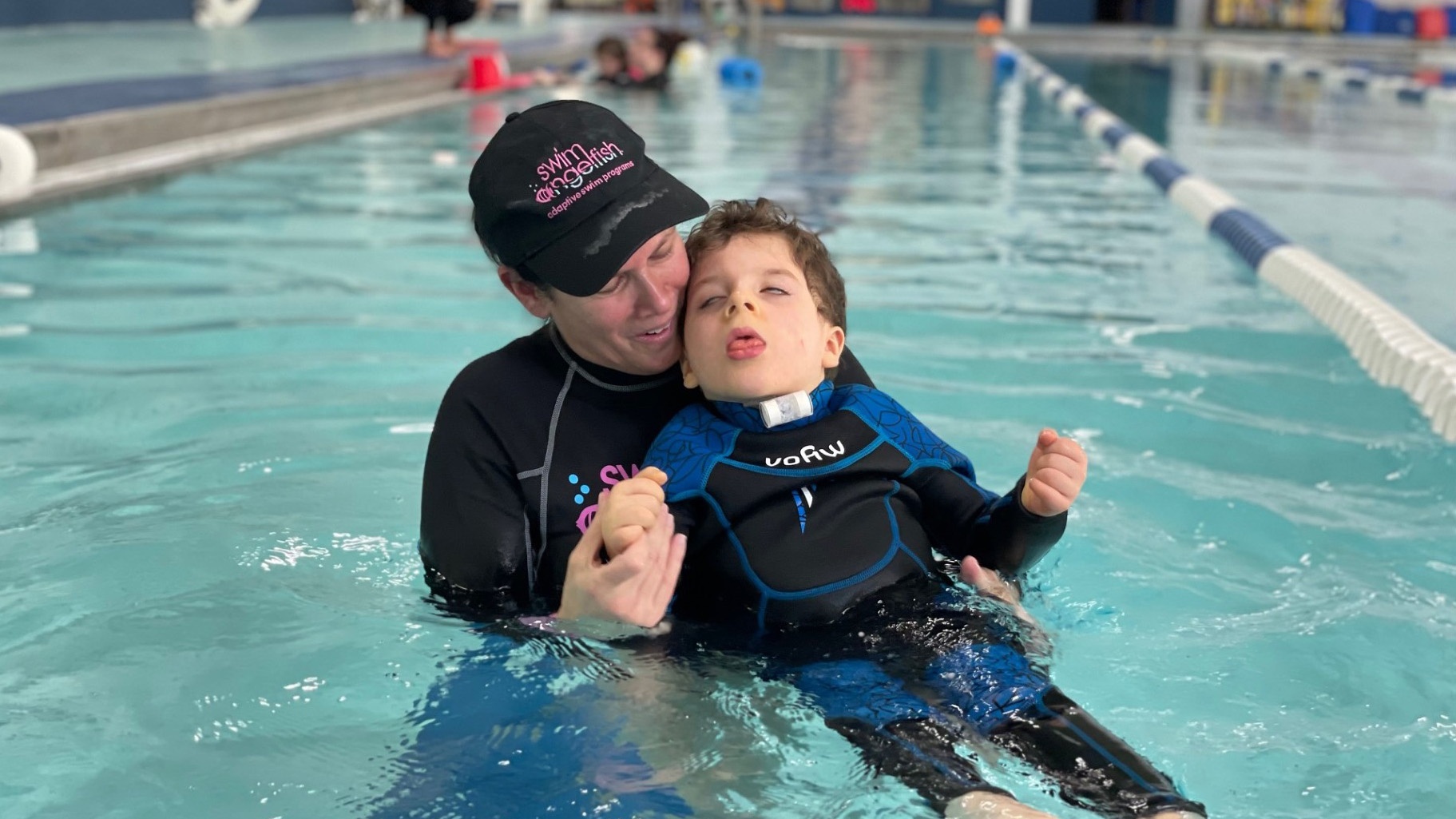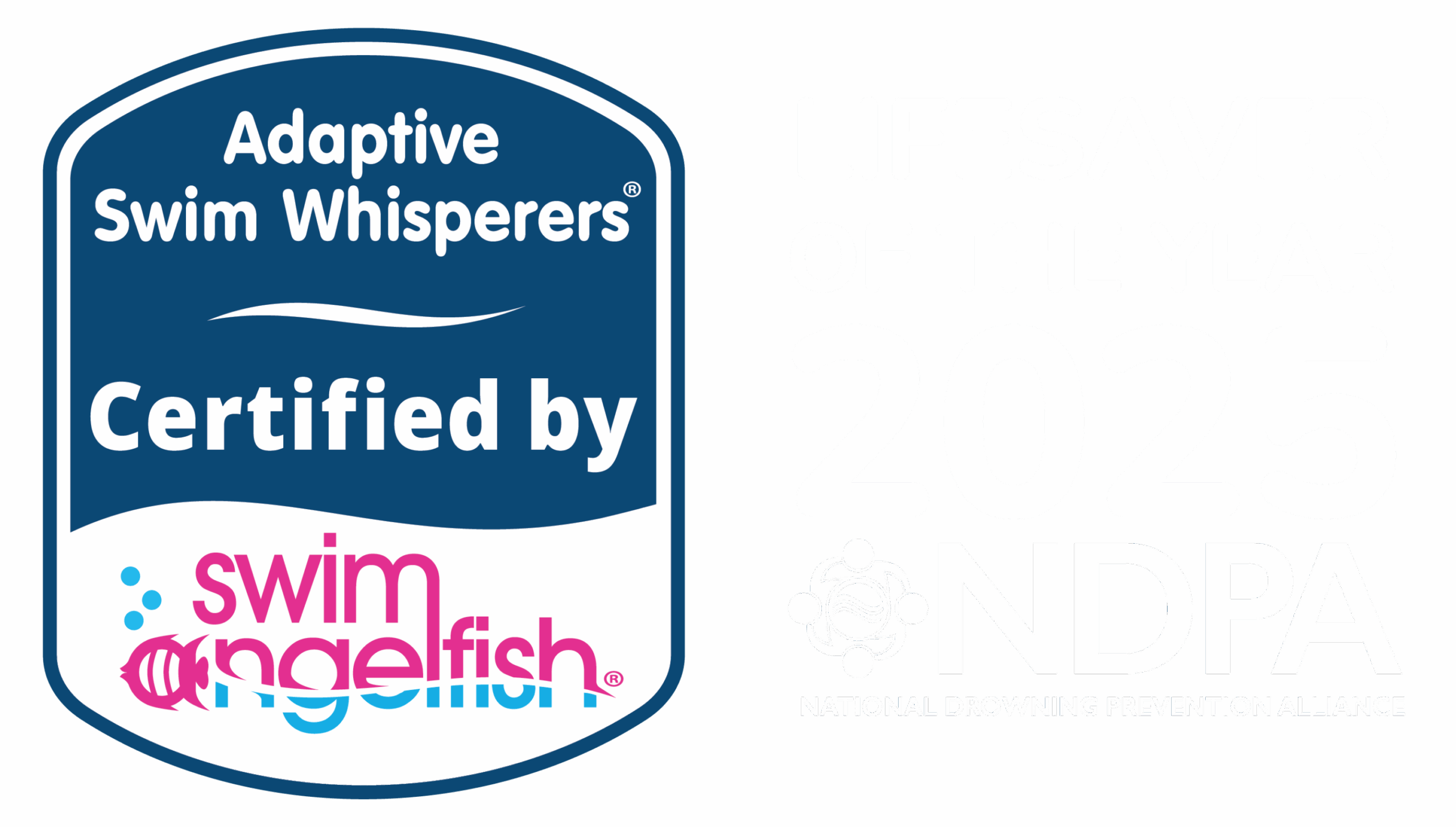
When you have a Traumatic Brain Injury (TBI) everything about the world as you once know it has changed. You go from having normal brain function to a brain that has significant damage. This affects every system of your body from cognition, emotion, sensory, vision and physical function. Relearning all your daily life skills becomes the new normal as you navigate a new body and set of challenges.
Regaining independence after a TBI takes time, but numerous rehabilitation options are available to support individuals on their recovery journey. A personalized combination of a range of therapy options (including emotional, physical, occupational, recreational, speech and aquatic therapy) can be beneficial.
We believe in the power of water to provide not only physical and emotional, but also sensory benefits to individuals with TBI.
What is a Traumatic Brain Injury (TBI)?
Traumatic Brain injury, also called craniocerebral trauma, is a result of trauma to the brain causing a dysfunction. The damage, depending on the location in the brain, creates deficits in many areas that affect overall function.
You can see deficits in the following systems: cognitive, emotional, motor, sensory and visual.
The Different Challenges after a TBI
How can the power of water help?
The unique power of water comes from its therapeutic properties. Buoyancy supports individuals who experience motor or coordination challenges, making movements effortless compared to the resistance from gravity that is experienced on land. The water’s viscosity provides constant feedback through skin contact, improving body awareness and helping coordination and motor planning. And lastly, for those with abnormal muscle tone and spasticity issues, the warmth of the water helps to relax tight muscles.
Let’s jump in and learn more about the benefits of water-based exercises and treatments for TBI from certified aquatic therapists and certified adaptive swim instructors.

Can aquatic therapy help with TBI recovery?
Aquatic Therapy works to benefit individuals with TBI by combining the therapeutic properties of water with various handling techniques. This allows aquatic therapists to address multiple challenges and treat multiple systems simultaneously, while working towards individual therapy goals. The magic of aquatic therapy, is that individuals tend not to realize how hard they are working, making the experience even more enjoyable. This can also contribute to improved emotional regulation and the development of vital water safety skills.
5 Benefits of Aquatic Therapy for TBI:
In our aquatic therapy sessions, we use various pieces of equipment to help clients with TBI address the challenges they might be experiencing.
Meet Ben, a 6-year-old boy who sustained a TBI two years ago. We share his initial return to the water and illustrate how we employ diverse equipment to aid him in enhancing trunk elongation, refining balance reactions, fostering improved respiration, ensuring water safety and much more!
What are the benefits of adaptive swim lessons for individuals with TBI?
Adaptive Swim Lessons foster independence in the water and are an essential life skill. The natural buoyancy and gentle resistance that the water offers helps individuals with a TBI to improve overall strength, endurance, multitasking and independence. Water provides a safe and supportive environment, helping individuals to thrive. Taking adaptive learn-to-swim lessons encourages the development of a lifelong emotional connection to aquatic activities for those with a traumatic brain injury.
4 Benefits of Adaptive Swimming for TBI:
Being more independent in the water can impact every aspect of life for those with traumatic brain injury. Aquatic Therapy and Adaptive Swim lessons will have a positive impact on overall health, wellbeing and will provide so much happiness.



